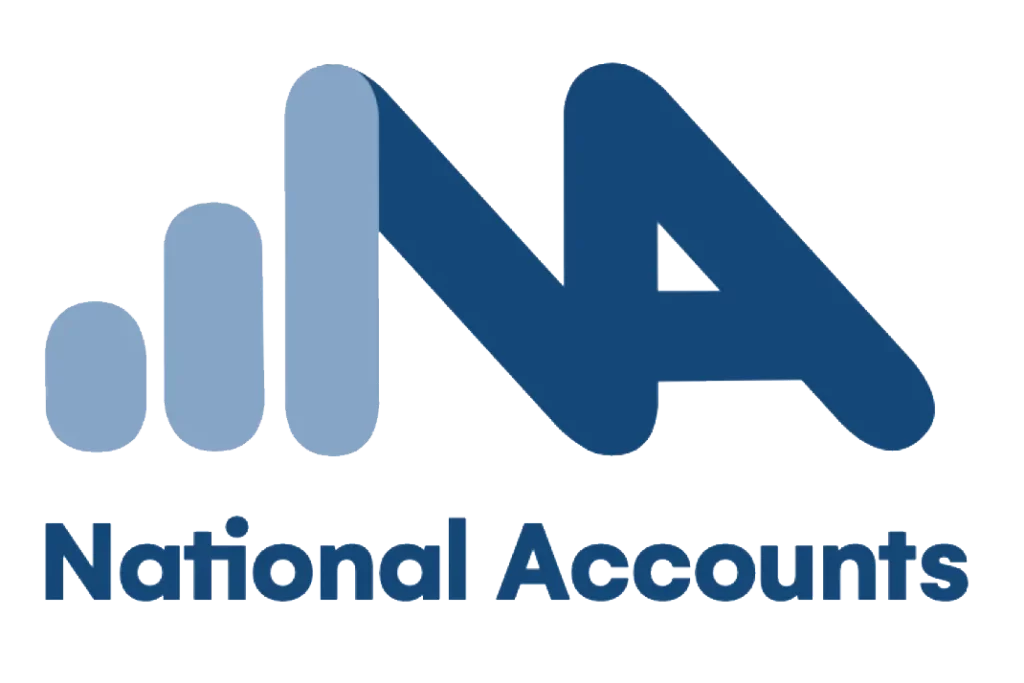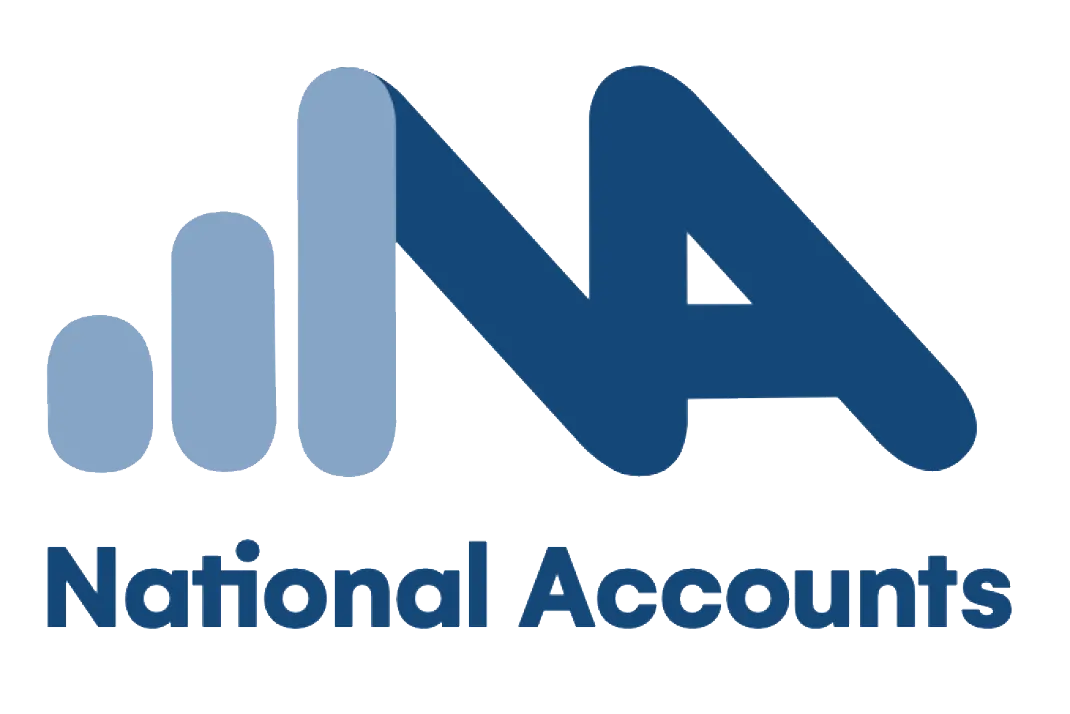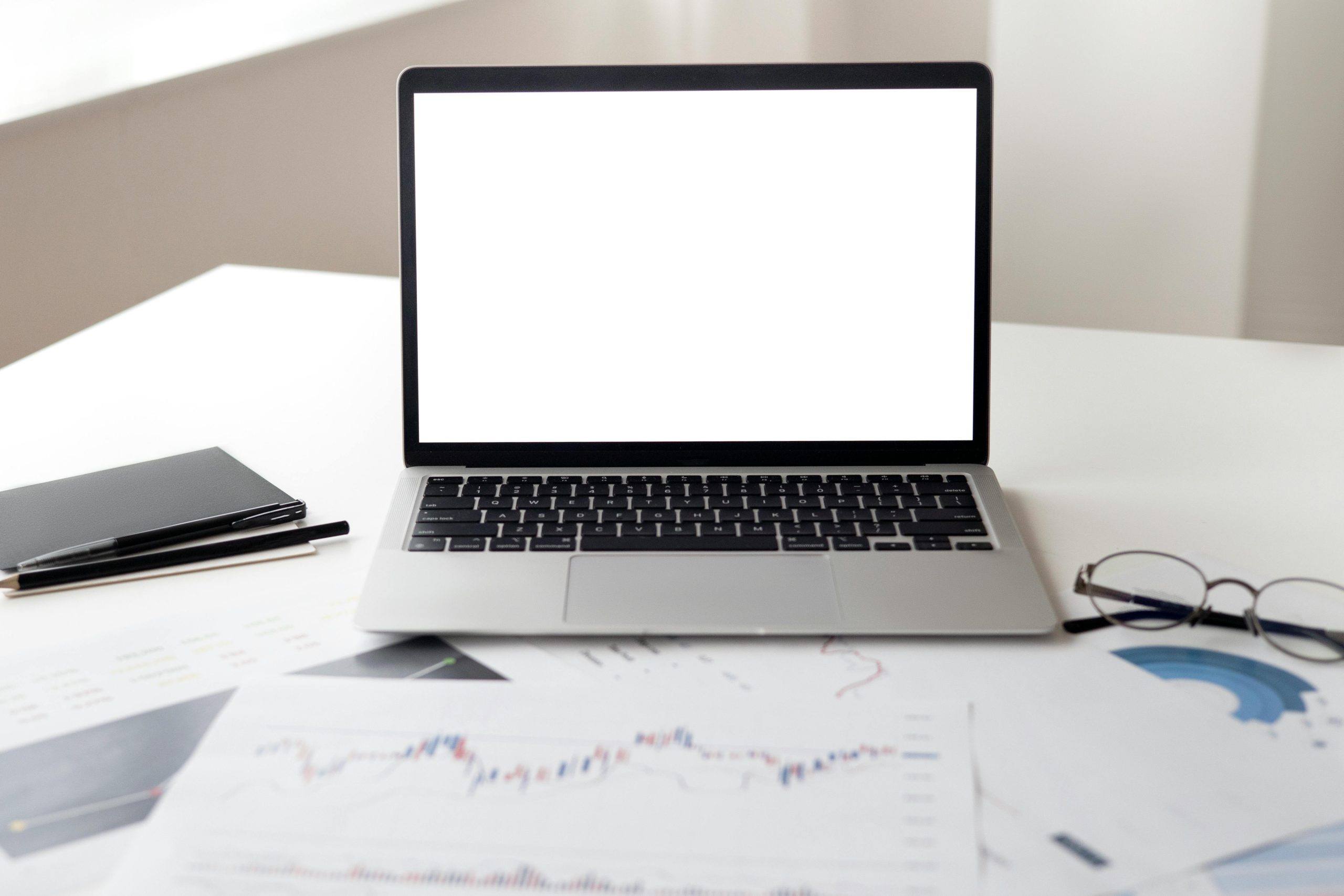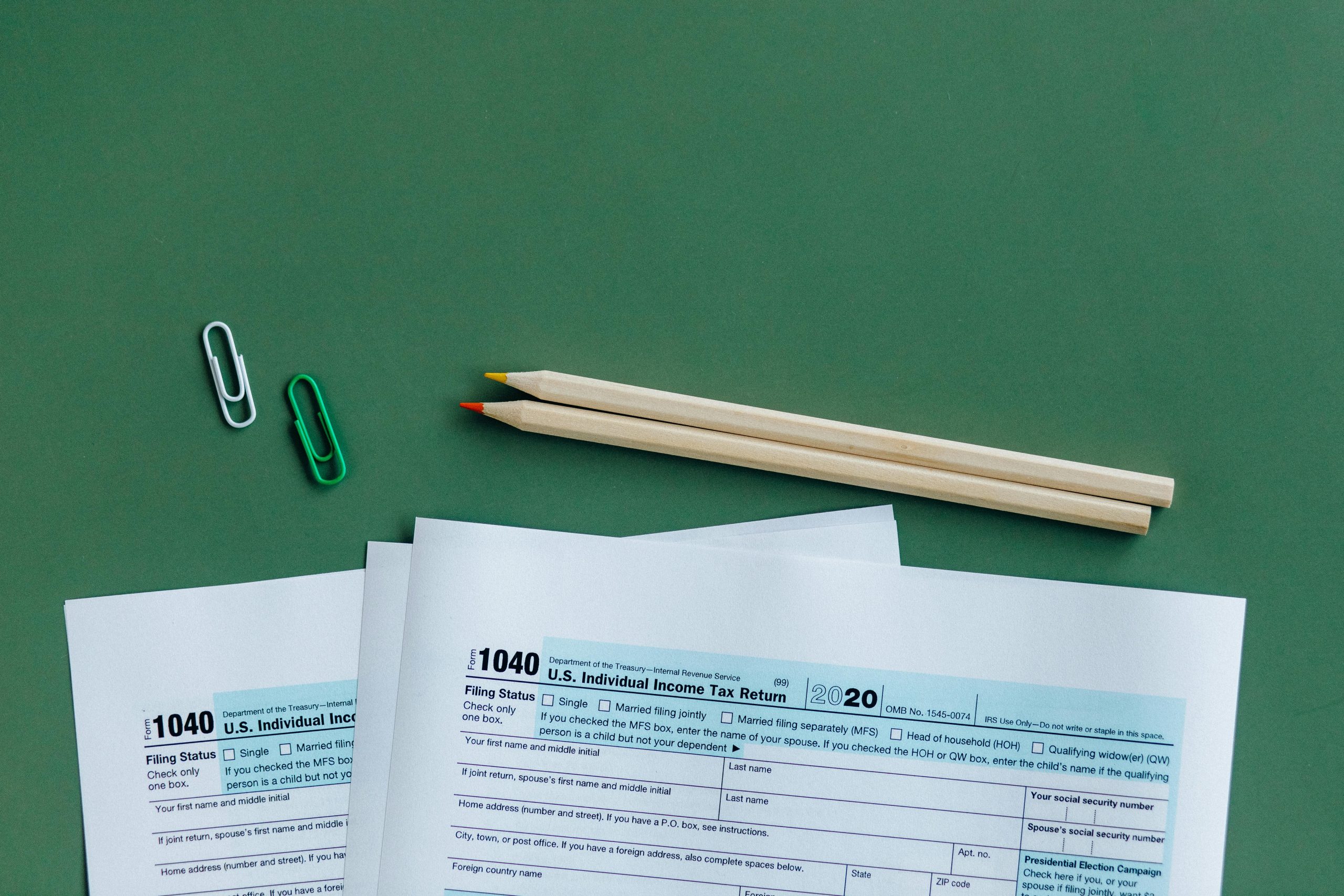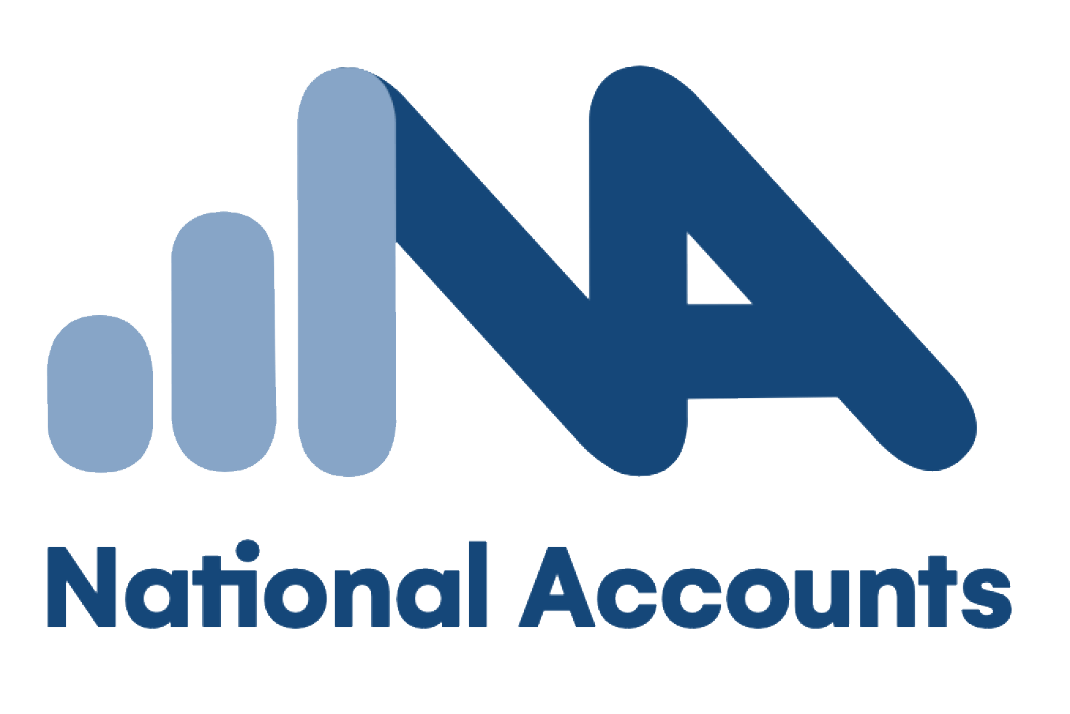Are you a small business owner, and wondering what tax deductions you can claim in 2024? Don’t wait until tax season, start preparing your business now to ensure you’re taking full advantage of the benefits available to you.
Follow this guide to find out what you can and can’t claim back at tax time.
How tax deductions work in Australia
When working out your small business tax, the ATO basically follows this formula: Assessable income – tax deductions = taxable income. Therefore by reducing your amount of taxable income, you also reduce your tax bill.
So when doing your small business tax return, it’s in your best interest to make the full amount of deductions that your business is legally entitled to each year. It means more money is left in your business account to invest back into growing your enterprise!
What tax deductions can I claim?
You can generally claim any expense that you incurred in the course of running your business. That being said, there are still some rules that apply.
- You can only claim an expense if it’s directly related to earning business income.
- You cannot claim personal expenses (such as your morning coffee).
- If your expense is used both personally and in your business (such as your phone or internet connection), you can only claim the portion that is directly related to your business.
Working with a small business accountant can give you certainty around what classifies as a deductible business expense. It also keeps you on top of shifting compliance legislation from the ATO, ensuring that you’re not missing any new deductions available this year.
What is tax deductible for small businesses in 2024?
So we’ve established that small business tax deductions are a great tool for minimising your tax. Let’s dive into the details of what you can claim.
If you’re an entrepreneur or social media influencer, make sure you check out our guides for YouTube, Twitch and OnlyFans for more information about filing your taxes as an influencer.
Business Travel
You can claim a deduction for travel expenses related to your business, but only for the portion of that travel that was business related.
For example, if you go to Bali for a networking event, and then stay another 3 days for a holiday, you can only claim back the portion of the travel that was related to the networking event.
Expenses you can claim include:
- Airfares
- Transportation fares (Uber, train passes)
- Accommodation
- Meals (if you are away overnight)
The ATO recommends keeping thorough records in a travel diary to back up your claims.
Vehicle Expenses
If your business uses a vehicle to carry out business-related activities, you can claim expenses such as:
- Petrol
- Repairs and servicing
- Insurance and registration
- Interest on the car loan
- Asset depreciation
Once again, if you use a car partly for personal use and partly for business purposes, you can only claim the business portion of your expenses. It’s important to keep a logbook to keep track.
Operating Expenses
These typically include:
- Marketing and advertising
- Occupancy costs (such as rent and utilities)
- Office supplies
- Insurance
- Equipment
- Subscriptions and training
- Fees such as bank fees
- Self-education
- Work-related laundry
Bad Debts
If you have an unpaid debt that’s unrecoverable, you can claim that ‘bad’ debt as a deduction. The bad debt also must be written off in the same year you claim a deduction for it, and it must be included in your assessable income that year.
Instant Asset Write-Off
If you purchase assets during the 2023/24 financial year, you can claim a deduction for the full cost of those assets.
There are certain assets that are excluded from this incentive, and also a number of rules and conditions that apply. To start with, your business must be operating in the 2024 income year with an aggregated annual turnover of less than $10m. It must also follow the simplified depreciation rules for the 2024 income year.
Additionally, the asset must be:
- An eligible asset that costs less than $20,000
- First used or installed ready for use, for a taxable purpose within the 2024 financial year.
It’s best to work with your accountant to ensure that you’re compliant with the ATO’s eligibility criteria.
Capital Expenditures
Equipment purchases of up to $500,000 can attract a 50% reduction in capital gains on active assets. This can lead to significant tax benefits under capital gains tax concessions, but it’s important to follow the ATO’s general depreciation rules.
Home Office Deductions
If you’re operating a small business from home, you’re eligible for certain tax deductions on certain home office expenses.
These can include:
Occupancy expenses – such as rent, council rates, mortgage interest and insurance premiums
Running expenses – including electricity and gas, furniture and furnishings, phone and internet, and cleaning.
There are different options for calculating your home office expenses including the Fixed Rate method or the Actual Cost method. Whichever method you choose, it’s important to maintain records and receipts for compliance.
Salary and Superannuation
If you operate your business as a trust or a company, you can claim a deduction for wages and superannuation paid to your employees.
Accounting Expenses
Did you know that your accounting expenses can also be claimed back on your small business tax? That includes preparing your BAS statements, bookkeeping, preparation of reports, and of course, doing your tax return.
Knowing this, it just makes sense to outsource your financial requirements to an accountant that can keep your business compliant with the ATO while also making sure you’re maximising your tax benefits. We certainly think so!
The Golden Rule: Keep Records!
Good record keeping is the backbone of any financially successful business. It also keeps you on the friendly side of the ATO!
Make sure you keep receipts, logbooks, diaries, and any other records of your financial dealings. Doing this will ensure that if the ATO ever comes knocking, you have the paperwork to verify that the deductions you have claimed are correct.
Adding It Up
For many small business owners, the world of taxation is not easy to navigate. But it’s important to keep up with the shifting rules around tax compliance, not only to keep your business compliant with the ATO, but to ensure you’re getting the best tax return possible.
That’s why working with small business tax professionals should be a no-brainer. If you’re interested in taking the next step, we’re ready to meet you. Get in touch with us for a confidential chat about your business accounting needs.
